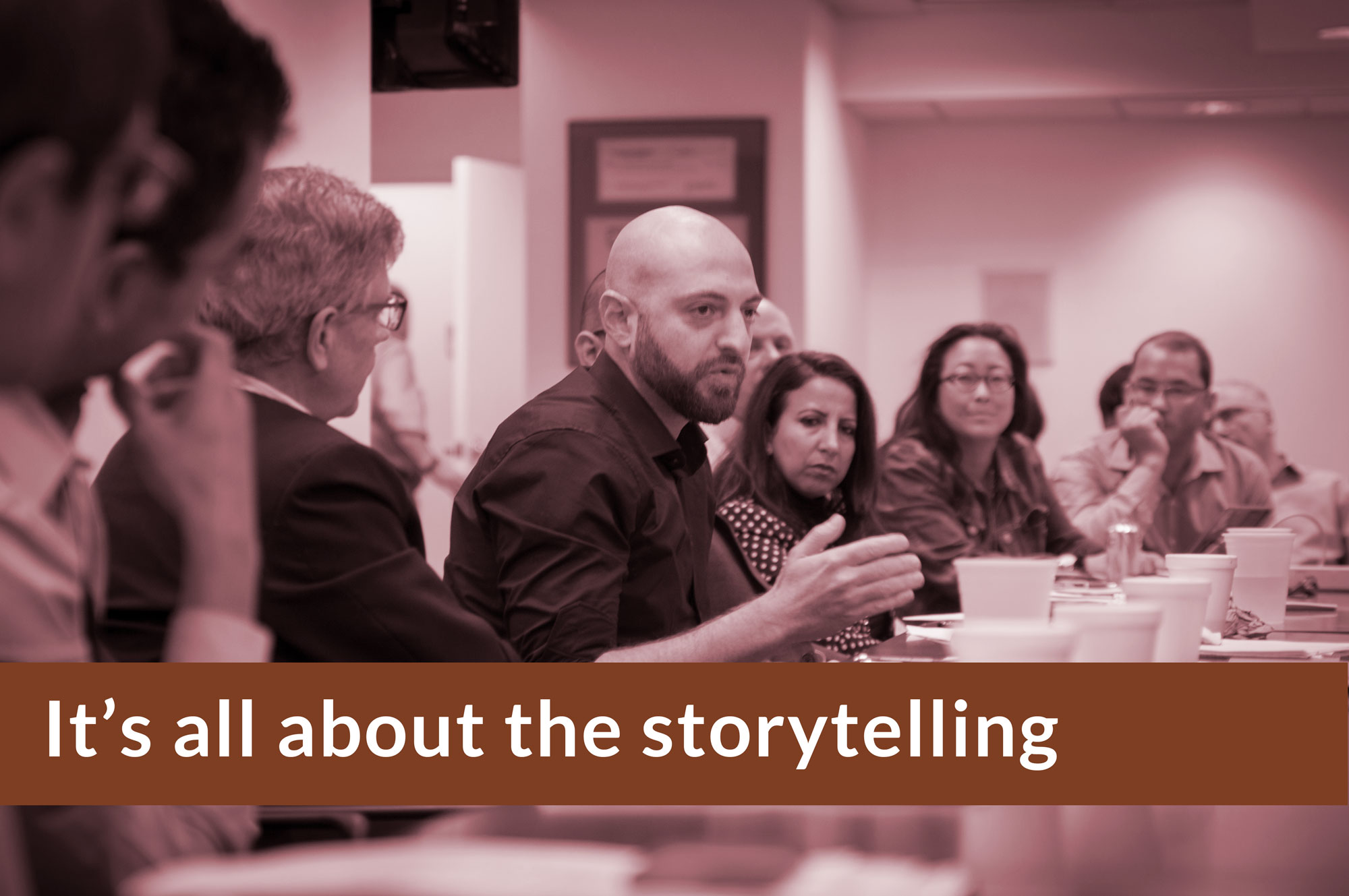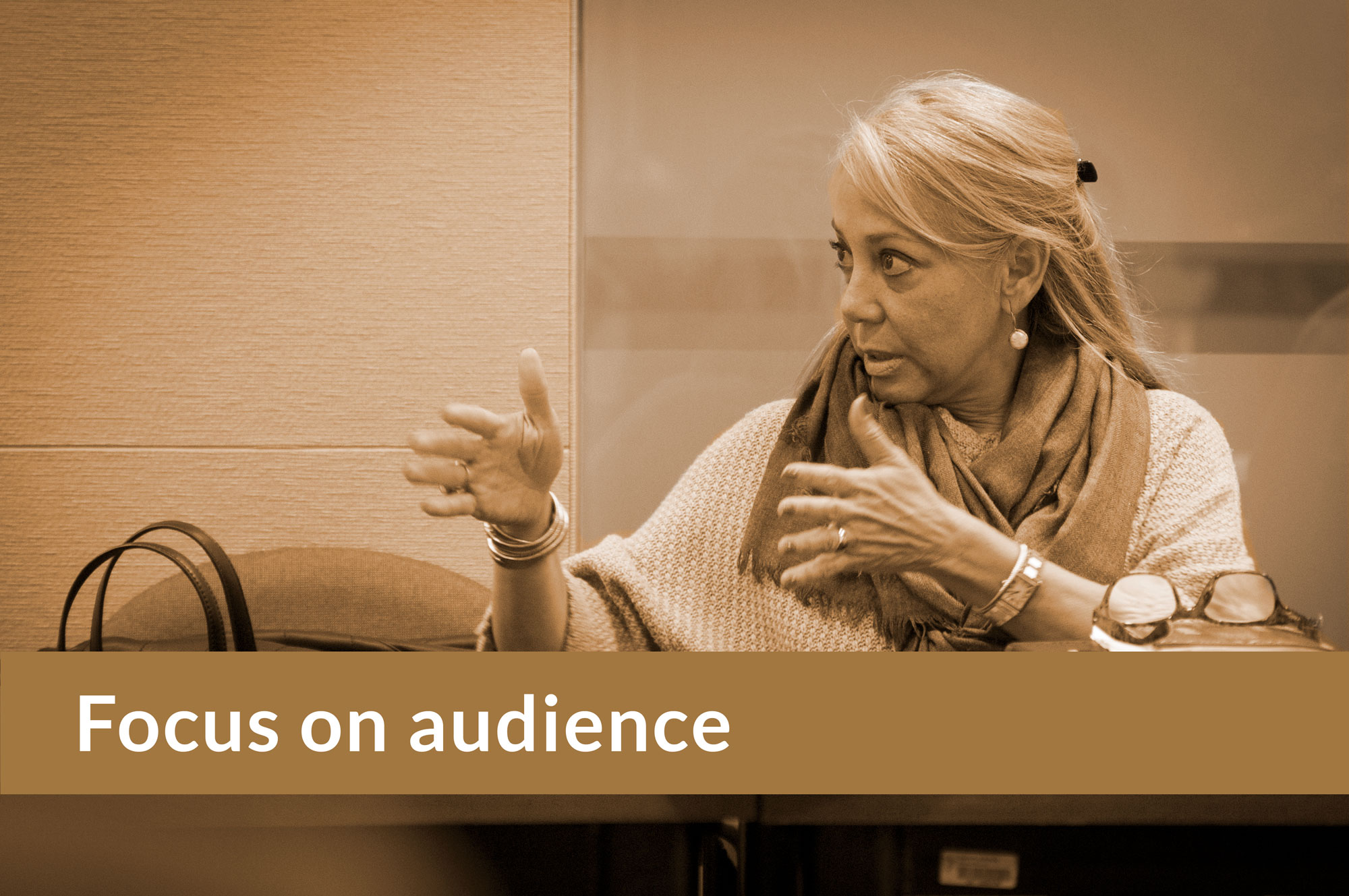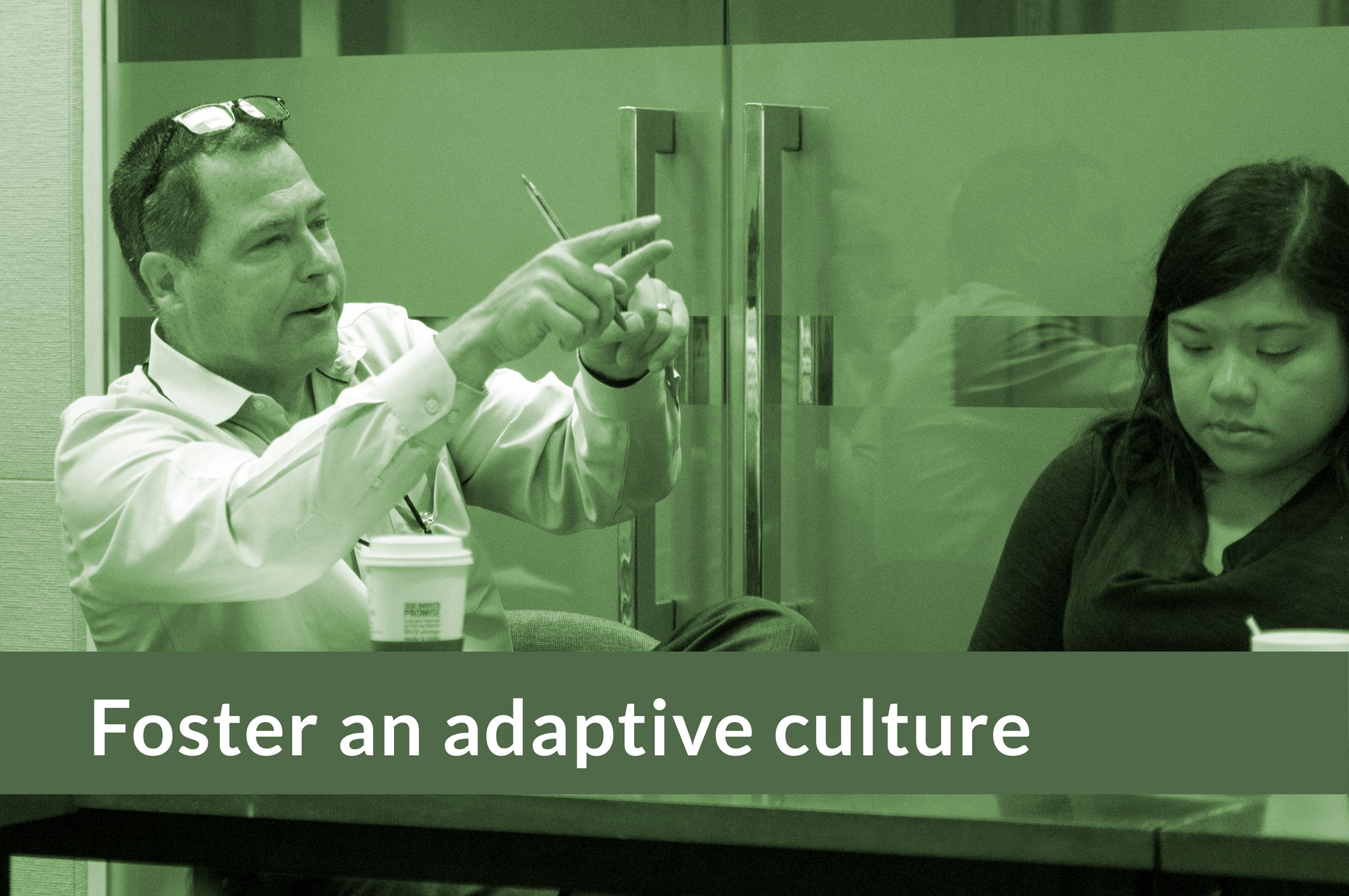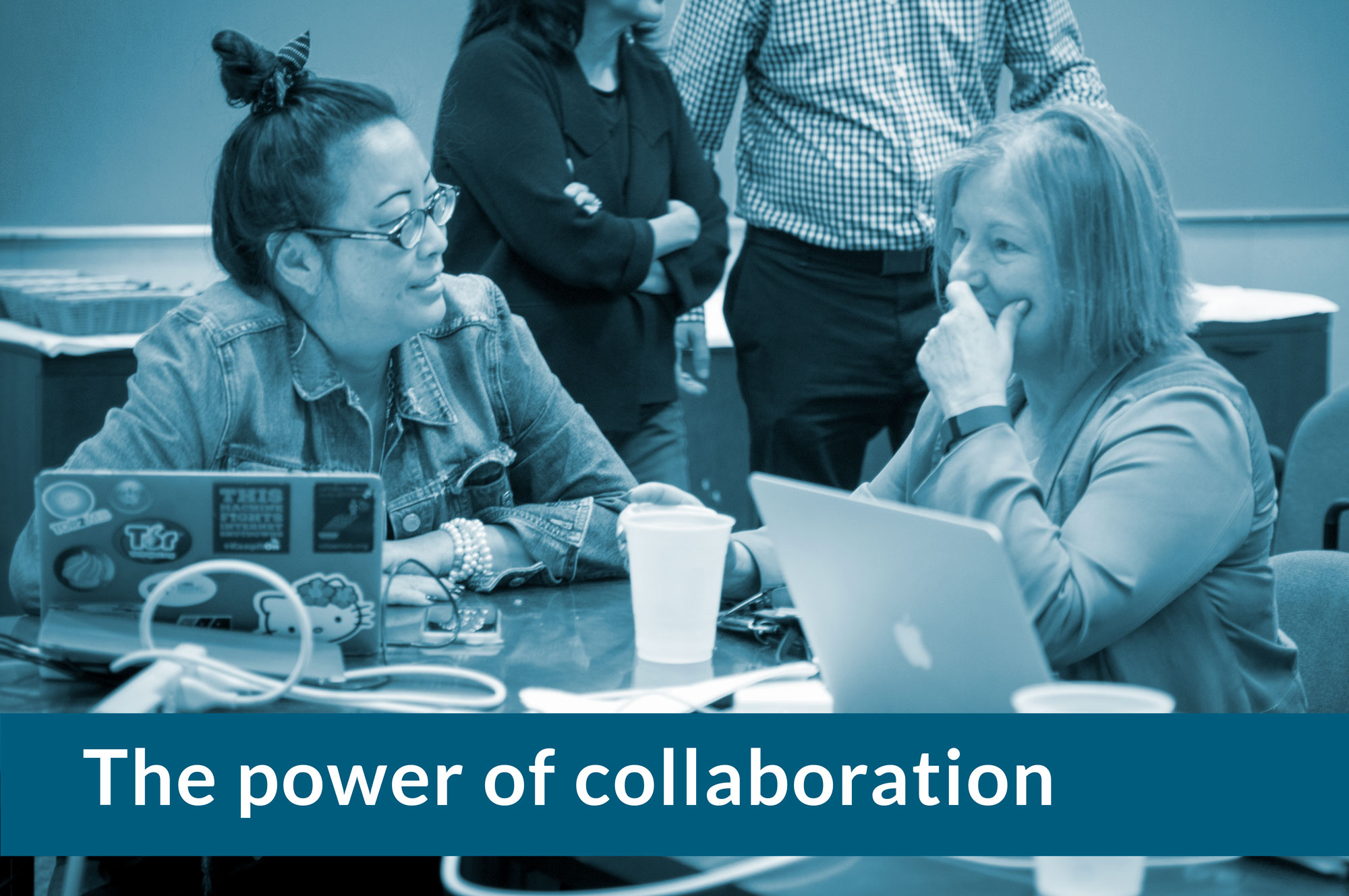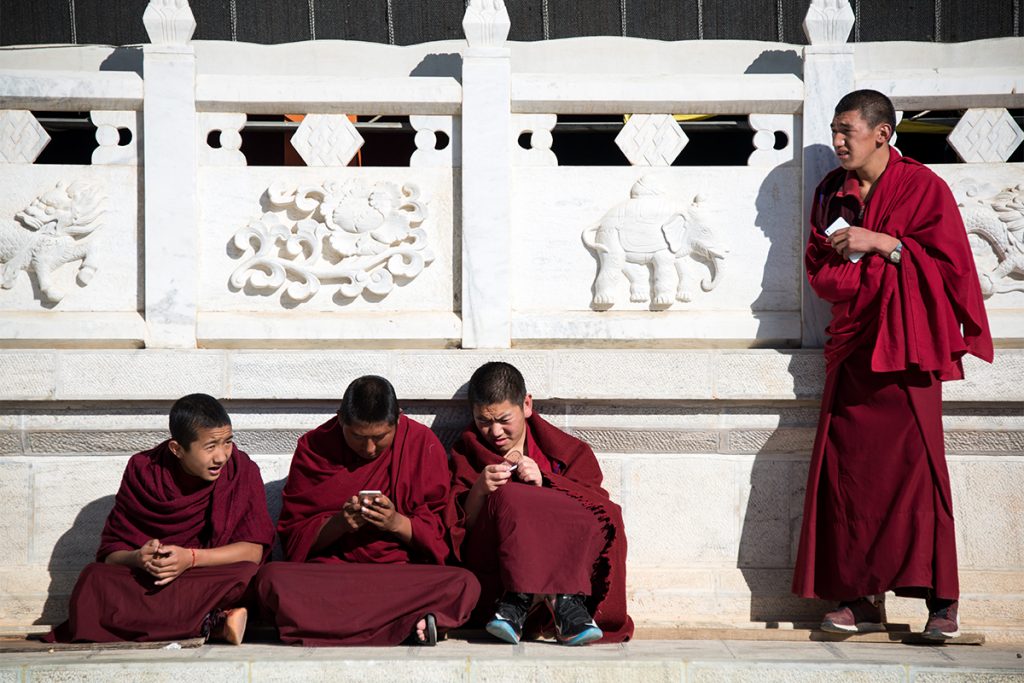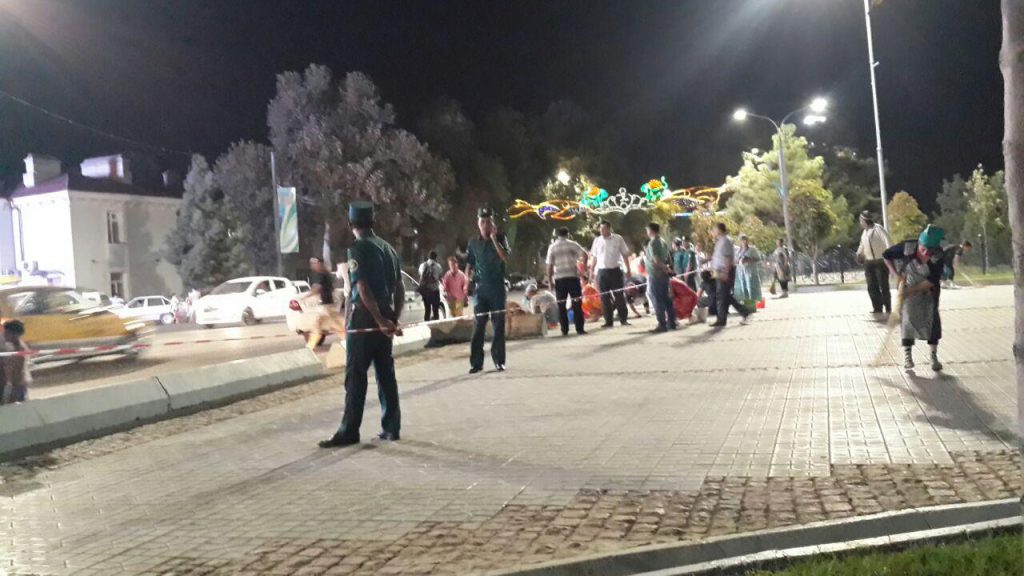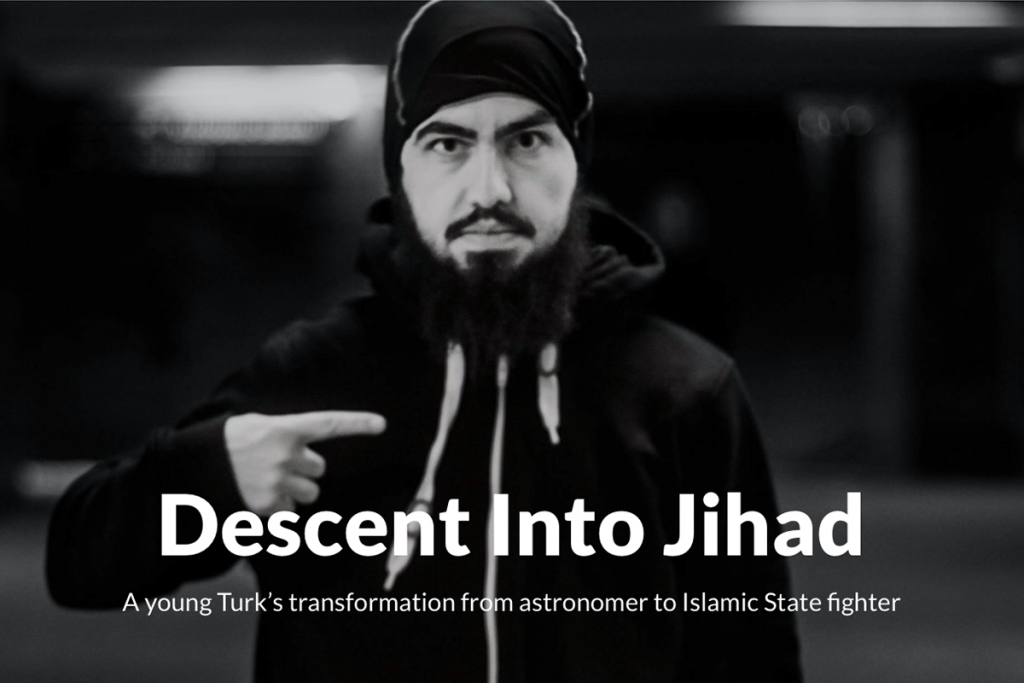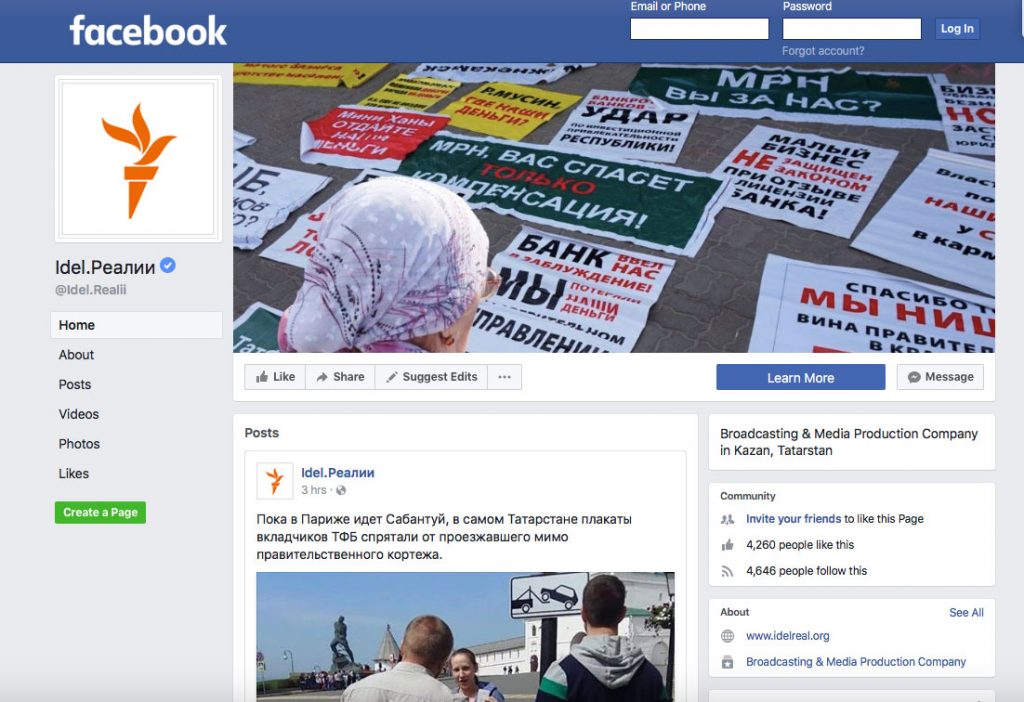Current Time’s digital media team broke new ground in the BBG digital sphere, taking the network’s content direct to growing mobile and web audiences as a new product for RFE/RL’s broadcast region.
The team’s clever social media videos on news and current affairs issues were viewed more than 180 million times in 2016 on Facebook, YouTube, Twitter, and Russian social networks such as VKontakte and Odnoklassniki.
One video about Russian President Vladimir Putin’s unfulfilled election promises of five years ago became the top trending video on the popular Odnoklassniki social network, receiving more than 5.4 million views across social networks.
On YouTube, RFE/RL garnered almost 334 million views in 2016, representing an 82% increase from 2015.
MBN’s Facebook pages have seen a dramatic increase in video—both in terms of production as well as consumption. The number of video views on the MBN Facebook pages has grown exponentially since the network started posting videos directly to Facebook pages in May 2015 (rather than simply embedding YouTube videos there). In 2016, MBN had nearly 1.5 billion video views on its combined 21 Facebook pages.
VOA Vietnamese saw extraordinary video growth on social platforms, with more than 329 million video views across YouTube and Facebook, a 687% increase of video views compared to 2015. The service averaged 2.7 million video views weekly on YouTube. Facebook videos have shown significant engagement, averaging almost 99,000 reactions, comments, or shares weekly.
During President Barack Obama’s visit to Vietnam in May, the service received nearly 5 million video views daily on its Facebook page. RFA Vietnamese increased its Facebook fans by 63% in FY 2016 and added 12 regular weekly video features for a total of 33 regular features.
In July, VOA Ashna TV was the first media in Afghanistan to stream a live TV program on Facebook. The initiative immediately captured a very large digital audience and generated extensive engagement. The daily one-hour current affairs program in Dari and Pashto languages gets more than 30,000 views and hundreds of reactions on Facebook.
In addition, VOA is extremely competitive with other media outlets in social media. VOA Facebook pages have the largest total audience among media organizations on Facebook in Central Africa, Cambodia and Laos.
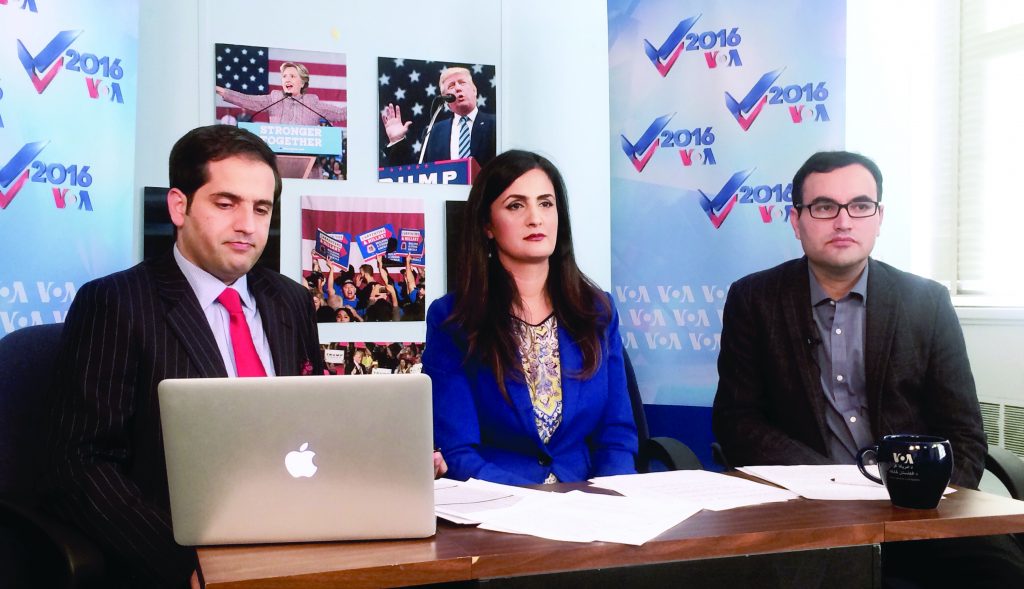
RFE/RL Radio Mashaal reporter Bashir Ghwakh with VOA presenters at a Facebook Live event.






